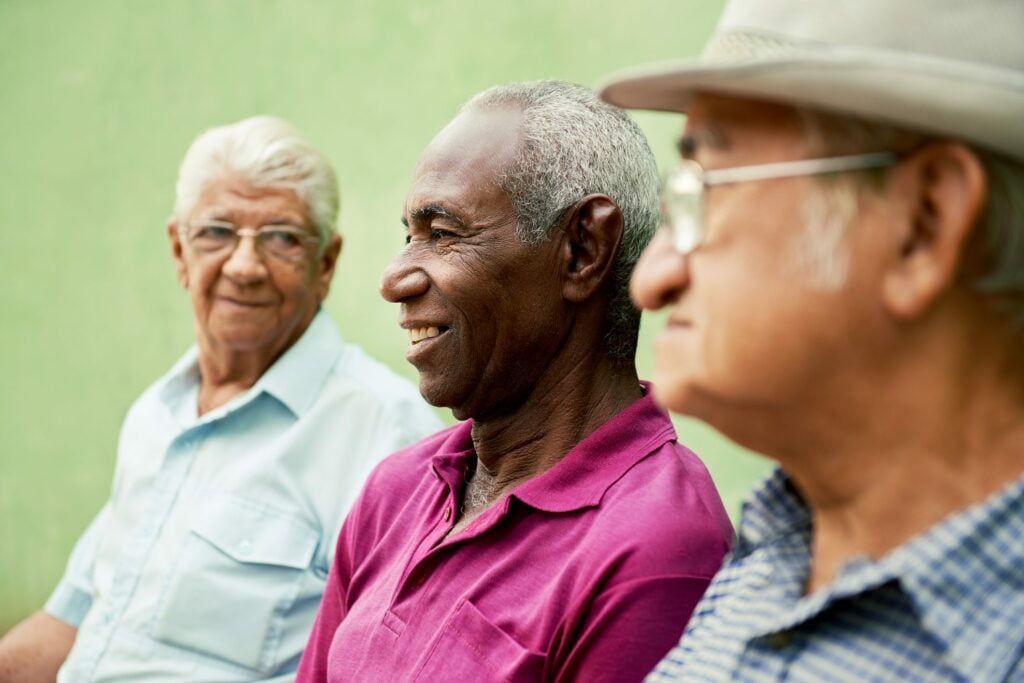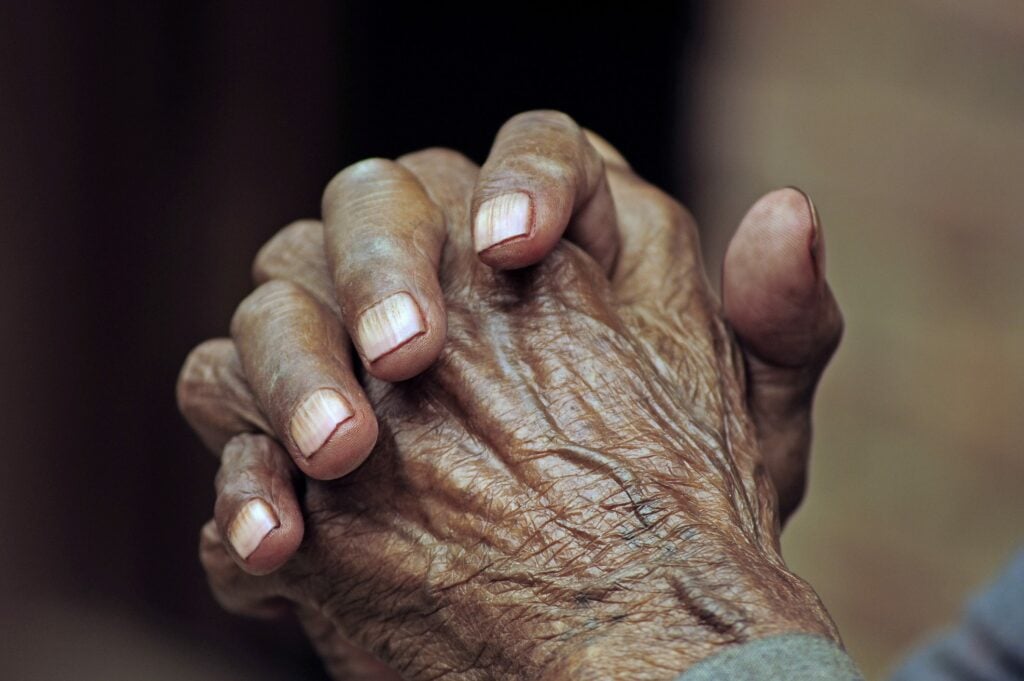Millennials and mental health
Reviewed by Brooks Baer, LCPC, CMHP

Who are Millennials?
Millennials (originally called “Generation Y”) are a generation of people born between 1981 and about 1996. They fall between Generation X (or “Gen X”) and Generation Z (“Gen Z”).


Xennials and Zillennials
Older Millennials are sometimes grouped with younger Gen Xers into a “microgeneration” (or “cusp generation”) called Xennials, made up of people born between 1977 and 1985. Other names for Xennials include the “Oregon Trail Generation” (after a computer game kids played in school at the time) and the “Lucky Ones” (because they were some of the last to grow up without internet access or much adult supervision).1
Younger Millennials and older Gen Zers, meanwhile, are sometimes grouped into the Zillennial microgeneration. Zillennials’ birthdate range is still being decided, but the widest option is 1992 through 2000.
Are generations real?
Generations are socially constructed categories, meaning their details (birthdate range, names, and formative events) are decided over time by experts and the public. Generations can be helpful ways of understanding others, but they have limits. Like all socially constructed categories, they’re most useful in the context of other shared social experiences, such as:
- Family of origin
- Age and stage of life
- Race and ethnicity
- Gender and sexuality
- Ability and disability
- Income and socioeconomic class
- Occupation and workplace
- Experience of pregnancy and/or parenthood
- Relationship status
- Religion or faith community
- Immigration experience and/or status
- Physical and mental health history
Millennial demographics
- Race and ethnicity: As a generation, Millennials are more diverse than the national average. According to 2015 census data, about 44% of US Millennials are people of color, with people of Asian, Hispanic, and mixed racial backgrounds making up nearly 30% of their age group.2
- Gender and sexuality: In a 2021 poll, about 9% of Millennial respondents identified as LGBTQIA+, with about half of those identifying as bisexual.3 A survey from the Pew Research Center found that about 47% believe same-sex marriage is good for society, while 37% feel it doesn’t really make a difference.4 The same survey reported that about a quarter personally know someone who uses gender-neutral pronouns.
- Education: As of 2018, nearly 40% had a bachelor’s degree or higher.5 An additional 28% had at least some college experience (either an associate degree or college attendance without a degree).
- Wealth: Millennials control only about 6% of US household wealth, according to 2021 Federal Reserve data.6 For comparison, in 1989, when Baby Boomers were around the same age as Millennials are today, they controlled about 21%.
- Population percentage: US census data from 2019 shows that Millennials make up 22% of the population.7
Millennials and mental health awareness
In general, Millennials are more open to discussing mental health and receiving treatment than previous generations. Within some demographic groups (such as men), though, cultural stigma around mental illness can reduce that openness.
While many Millennials are interested in mental health care, certain barriers—especially the high cost—keep some from accessing it. Still, a 2018 American Psychological Association (APA) survey reported that 35% said they’d received help from a mental health professional.8
Millennials and depression
In the APA’s 2018 survey, only 56% of Millennials said they had excellent or very good mental health—a lower percentage than Baby Boomers (70%) and older adults (74%).9 In addition, according to BlueCross BlueShield, major depression diagnoses are increasing quickly among Millennials and teens.10
On a more positive note, these statistics don’t just reveal that more Millennials are depressed; they also show that mental health awareness and accessibility are improving. As stigmas start to fade and more people can access care, diagnosis rates naturally rise.
Why are Millennials depressed?
Depression can have many causes. While some are internal (like genetics or brain chemistry), external forces can also lead to or worsen depression. They include:
- Global instability: Although the Great Recession officially ended in mid-2009, Millennials still feel the effects: They have less savings, more debt, fewer job prospects, lower wages, and lower rates of homeownership than previous generations did at similar ages.11 Meanwhile, the COVID-19 pandemic has created another crisis, and irreversible damage from climate change is on the horizon.12
- Delayed milestones: Marriage, homeownership, parenthood, and other milestones remain out of reach for Millennials due to crises they can’t control.
- Debt: Student loans and credit card debt have kept Millennials from building wealth the way previous generations could. The median amount of student loan debt for Millennials ages 35 to 44 is around $25,000 to $30,000 per borrower.13
- School shootings: In the years since the 1999 shooting at Columbine High, school shootings have continued to increase.14 Millennials who grew up with this risk are now sending their children to school under the same threat.
- Burnout: Longer work hours, wage stagnation, and demands for perfection are resulting in burnout.15 In one study, almost half of Millennials reported leaving a job due to mental health concerns.16
- Social media: Social media is linked to mental health risks, and 86% of Millennials reportedly use social platforms.17, 18 Bullying, comparison, perfectionism, gossip, outrage media, and doomscrolling can result in serious mental health problems.19
Millennials and anxiety
Anxiety disorders are among Millennials’ most common health conditions.20 Perfectionism, which can lead to anxiety, depression, and suicidal ideation, is increasing among Millennials (and Gen Zers) as well.21
Why are Millennials anxious?
Many of the circumstances contributing to Millennials’ depression also cause anxiety.
The steps older generations advised Millennials to take, such as going to college, taking out student loans, and finding a job, often haven’t resulted in the economic security Millennials were promised. As a result, many feel anxious and confused.
A poll conducted in 2023 for Bloomberg reported that about 45% of young adults ages 18 to 29 live at home with their families.22 This may delay milestones such as marriage, homeownership, and parenthood, leaving younger Millennials and older Gen Zers anxious that they’re falling behind their peers.
Millennials and addiction
The negative effects of alcohol and drug misuse have continued to grow over time, including among Millennials. From 2007 through 2017, alcohol-induced deaths increased 69% and drug-related deaths increased 108% among people ages 18 to 34.23 From 1999 through 2007, opioid overdose deaths increased more than 500% in the same age group.
If you’re facing an addiction, help is available. Alcoholics Anonymous (AA) offers free group support meetings all over the world. You can search for one in your area and just show up. You can also call the SAMHSA National Helpline anytime at 1-800-662-HELP (4357) to get a referral to a treatment facility or support group.
Get help now
If you’re struggling with your mental health, browse our directory to find a licensed therapist near you.
If you’re in crisis, help is available now. For free, confidential support, call or text the 988 Lifeline at 988 or contact the Crisis Text Line by texting HOME to 741741. Both resources are available 24 hours a day, seven days a week.

Sources
1 https://www.wired.com/story/fording-rivers-forging-bonds-the-oregon-trail/
2 https://www.brookings.edu/blog/the-avenue/2016/06/28/diversity-defines-the-millennial-generation/
3 https://news.gallup.com/poll/329708/lgbt-identification-rises-latest-estimate.aspx/
4 https://www.pewresearch.org/social-trends/2019/01/17/generation-z-looks-a-lot-like-millennials-on-key-social-and-political-issues/
5 https://www.pewresearch.org/social-trends/2019/02/14/millennial-life-how-young-adulthood-today-compares-with-prior-generations-2/
6 https://www.federalreserve.gov/releases/z1/dataviz/dfa/distribute/table/#quarter:119;series:Net%20worth;demographic:generation;population:all;units:shares/
7 https://www.brookings.edu/blog/the-avenue/2020/07/30/now-more-than-half-of-americans-are-millennials-or-younger/
8 https://www.apa.org/news/press/releases/stress/2018/stress-gen-z.pdf
9 https://www.apa.org/news/press/releases/stress/2018/stress-gen-z.pdf
10 https://www.bcbs.com/the-health-of-america/articles/two-million-commercially-insured-americans-diagnosed-major-depression-not-seeking-treatment/
11 https://www.investopedia.com/insights/how-financial-crisis-affected-millennials/
12 https://press.un.org/en/2019/ga12131.doc.htm/
13 https://www.forbes.com/sites/nataliecolley/2023/03/17/student-loans-impact-on-millennial-net-worth-the-importance-of-strategic-college-financing/
14 https://www.cbsnews.com/texas/news/report-frequency-school-shootings-increased-dramatically-since-columbine/
15 https://www.businessinsider.com/millennials-mental-health-burnout-lonely-depressed-money-stress/
16 https://hbr.org/2019/10/research-people-want-their-employers-to-talk-about-mental-health/
17 https://guilfordjournals.com/doi/10.1521/jscp.2018.37.10.751
18 https://www.pewresearch.org/fact-tank/2019/09/09/us-generations-technology-use/
19 https://www.independent.com/2020/10/01/the-social-media-outrage-machine/
20 https://transamericainstitute.org/docs/default-source/tchs-research-reports/tchsmillennialreport2019_final.pdf
21 https://www.insider.com/perfectionism-definition-depression-anxiety-mental-health-2018-11/
22 https://www.cbsnews.com/news/gen-z-millennials-living-at-home-harris-poll/
23 https://wellbeingtrust.org/wp-content/uploads/2019/06/TFAH-2019-YoundAdult-Pain-Brief-FnlRv.pdf
About the author
The editorial team at therapist.com works with the world’s leading clinical experts to bring you accessible, insightful information about mental health topics and trends.
Related articles

Baby Boomers and mental health
Born between 1946 and 1964, Baby Boomers have witnessed continued shifts in how...

The Silent Generation and mental health
Born between 1928 and 1945, the Silent Generation learned to prioritize...

Born in the mid-’90s through the early 2010s, Gen Zers have high rates of...

Born in the mid-1960s to late 1980s, Gen X has historically taken a pragmatic...
